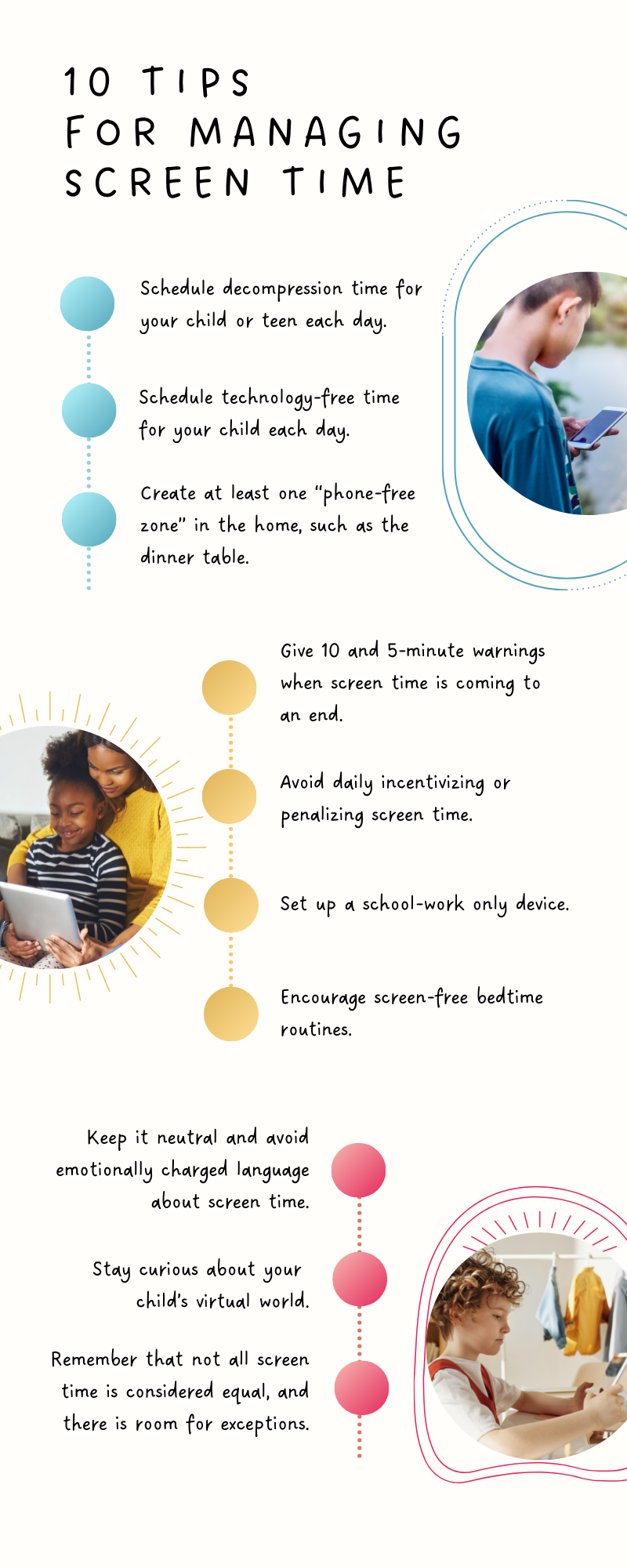Understanding Your Screen Time Habits
Before you can reduce your screen time, you need to understand where it’s going. Download a screen time tracking app on your phone and computer. Most operating systems have built-in trackers, too. Observe your usage patterns for a week. Don’t judge yourself; simply note the apps you use most, when you use them, and for how long. Are there any surprising patterns? This awareness is the first step toward change.
Setting Realistic Goals
Don’t try to drastically cut your screen time overnight. That’s a recipe for failure and frustration. Start small. Maybe aim for 30 minutes less per day. Once you’ve successfully achieved that for a week, reduce it by another 30 minutes. Gradually decreasing your screen time is more sustainable and less likely to lead to a rebound effect where you end up using even more screens later.
Identifying Your Triggers
What makes you reach for your phone or computer? Is it boredom? Stress? Loneliness? Understanding your triggers is key. Once you’ve identified them, you can develop coping mechanisms. Instead of scrolling through social media when you’re bored, try reading a book, going for a walk, or calling a friend. If you use your phone to avoid stressful situations, consider addressing the root cause of your stress.
Creating a Screen-Free Environment
Designate specific screen-free zones in your home. For example, keep your phone out of your bedroom. Charge it in another room. Make your kitchen or living room a phone-free zone, especially during mealtimes. The goal is to create spaces where you’re encouraged to engage in activities other than screen time.
Replacing Screen Time with Meaningful Activities
What do you enjoy doing besides looking at screens? Make a list of hobbies you’d like to pursue or rediscover. This could be anything from reading and knitting to gardening and playing a musical instrument. Schedule time for these activities, just like you would schedule a meeting or appointment. Treating these activities with the same importance will make you more likely to stick to them.
Utilizing Technology to Your Advantage
Ironically, technology can help you reduce screen time. Use app timers to limit your usage of specific apps. Turn off notifications for non-essential apps. Many apps offer features that allow you to schedule “downtime” where access is restricted. Explore your phone and computer settings to find these tools. Experiment with different settings until you find what works best for you.
Mindful Screen Use
Even when you are using screens, practice mindfulness. Don’t passively consume content. Engage with it actively and deliberately. If you’re watching a show, pay attention to the plot, the characters, and the themes. If you’re browsing the internet, focus on specific information you need, rather than aimlessly scrolling. This conscious approach can help you derive more satisfaction from your screen time while simultaneously using less of it.
Building a Support System
Tell your friends and family about your goal to reduce screen time. Ask them for support and accountability. Having someone to check in with can make a big difference. You could even challenge a friend to reduce their screen time together. This shared commitment can create a more supportive and motivating environment.
Embrace Boredom
We live in a society that values constant stimulation. Learning to tolerate boredom is a valuable skill that can help you reduce your screen time. Boredom can be a catalyst for creativity and self-discovery. It gives your mind space to wander and to come up with new ideas and interests. Don’t be afraid to embrace those moments of quiet contemplation.
Review and Adjust
Regularly review your progress. Are you meeting your goals? If not, don’t get discouraged. Adjust your approach as needed. Maybe your initial goals were too ambitious, or perhaps you need to refine your coping mechanisms. The key is to be flexible and persistent. Reducing screen time is a journey, not a race. Be patient with yourself and celebrate your successes along the way. Visit here for screen time management tips.





